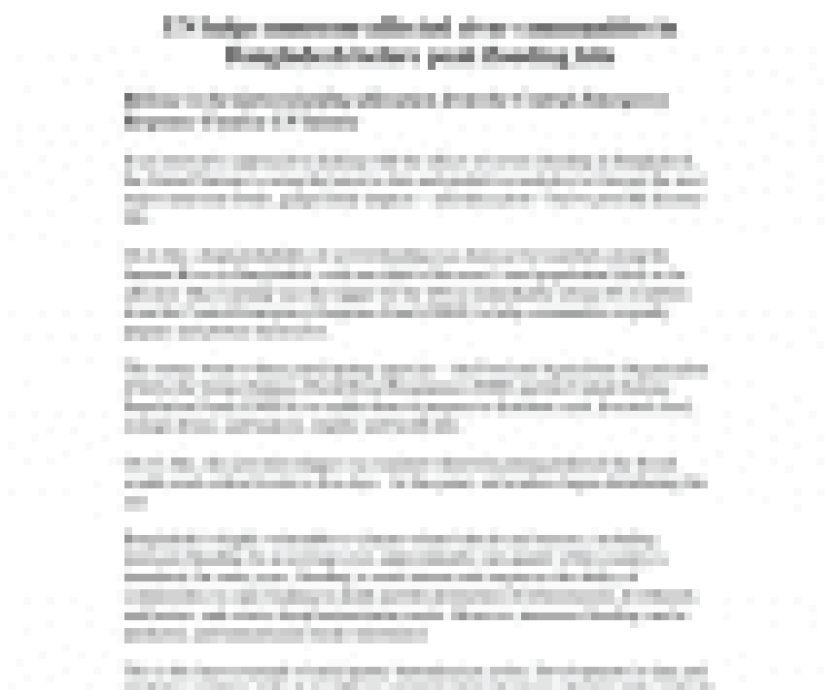Chinese Foreign Ministry new spokesman Zhao Lijian gestures as he speaks during a daily briefing at the Ministry of Foreign Affairs office in Beijing, February 24, 2020.
© 2020 AP Photo/Andy Wong
(New York) – The Chinese government should immediately reverse its decision to expel reporters from three major US media outlets, Human Rights Watch said today.
On March 18, 2020, the Chinese government ordered US nationals at the New York Times, the Wall Street Journal, and the Washington Post, whose press credentials expire by the end of 2020, to return their press cards within 10 days and prohibited them from working in mainland China, Hong Kong, and Macau.
“The Chinese government’s unprecedented move chokes off a major element of the very limited space for reporting in China,” said Yaqiu Wang, China researcher at Human Rights Watch. “Authorities already exercise near-total control over the domestic media, such that the foreign press has been vital in enhancing the world’s understanding of China.”
This is the first time that the Chinese government has explicitly banned journalists from working in Hong Kong, further encroaching upon Hong Kong’s limited freedom under the “one country, two systems” arrangement, Human Rights Watch said. The territory has long been a place from which independent, critical reporting of China has been tolerated, though authorities there have restricted some media freedoms in recent years.
Chinese authorities also ordered five US media outlets to provide details about their personnel, operations, and assets in China. This applies to the Voice of America, Time magazine, the New York Times, Wall Street Journal, and the Washington Post.
The Chinese Ministry of Foreign Affairs said in its announcement that the decision was in response to the US government’s earlier decision to cut the number of Chinese nationals allowed to work for Chinese state media outlets in the US. On March 2, the US government imposed a personnel cap on four Chinese state media outlets – Xinhua News Agency, Chinese Radio International, China Daily Distribution Corporation, and China Global Television Network – reducing the number of their Chinese employees in the US from 160 to 100. Secretary of State Mike Pompeo said that decision was in response to Beijing’s February decision to expel three Wall Street Journal correspondents.
The Chinese government has long used expulsion and visa denial to intimidate and retaliate against foreign reporters in China. In addition to expelling the three Wall Street Journal reporters, authorities refused to renew the visas of a BuzzFeed News reporter in 2018 and a Wall Street Journal reporter in 2019. In 2019, they denied a visa to an Agence France-Presse reporter.
Conditions for foreign journalists in China have been deteriorating in recent years, Human Rights Watch said. Authorities routinely obstruct, detain, and surveil international journalists reporting in China. The Foreign Correspondents’ Club of China reported that none of the participants in its most recent annual survey gave a positive response when asked if conditions had improved.
In recent years, foreign journalists have provided critical coverage on human rights issues in China, including internet censorship, mass surveillance, arbitrary detentions of human rights defenders, enforced disappearance of foreigners, restrictions on religious freedom, and the severe repression in Xinjiang.
Chinese journalists operate under far greater constraints, facing a variety of sanctions, including job loss, police harassment, detention, and imprisonment if their reporting irritates authorities. Few, if any, Chinese media outlets can freely publish material.
“In the midst of a global health crisis – when accurate and timely information is needed more than ever – Beijing’s decision only seals its image as an enemy of a free press,” Wang said. “The Chinese government should immediately withdraw the ban and allow free reporting by domestic and foreign reporters.”



